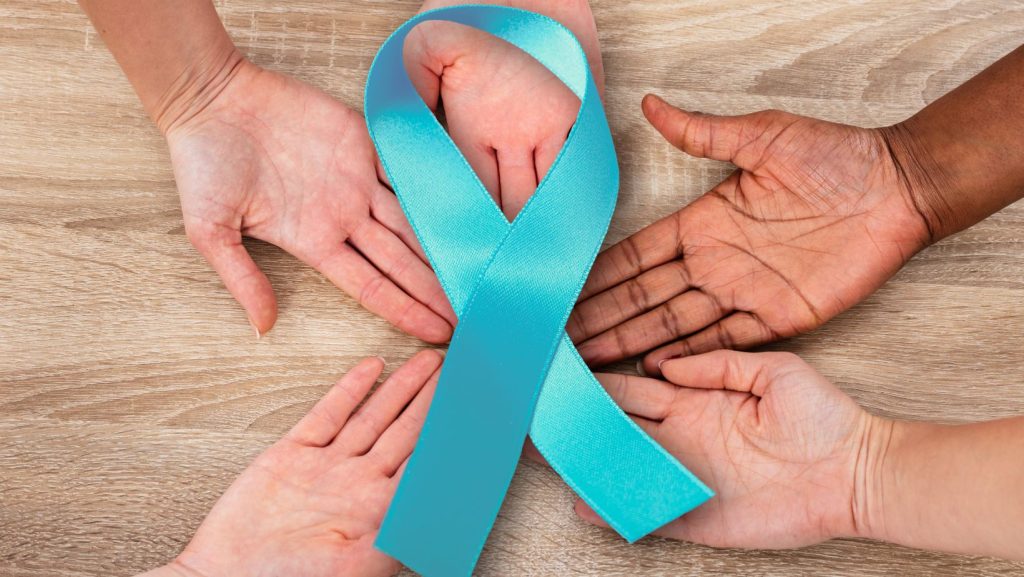January is Cervical Health Awareness Month
Posted: January 13, 2023 by Kristin Patten
Category: Uncategorized

Cervical Health Awareness Month is recognized nationwide in January. The Georgia Department of Public Health’s South Health District wants to remind residents of the steps they can take to be proactive in their cervical health.
According to the centers for Disease Control and Prevention, all women are at risk for cervical cancer, although it occurs most often in women over age 30.
The CDC also explains that almost all cervical cancers are caused by human papillomavirus (HPV), a common virus that can be passed from one person to another during sex.
Other things can increase your risk of cervical cancer—
- Having HIV (the virus that causes AIDS) or another condition that makes it hard for your body to fight off health problems.
- Smoking.
- Using birth control pills for a long time (five or more years).
- Having given birth to three or more children.
- Having several sexual partners.
- When caught early, cervical cancer is highly treatable.
According to the CDC the most important things you can do to help prevent cervical cancer is to get vaccinated against HPV, have regular screening tests, and go back to the doctor if your screening test results are not normal.
HPV vaccines are available through your local county health department or private provider. Vaccination is recommended for preteens aged 11 to 12 years. If vaccination is started before age 15, a two-dose schedule is recommended, with the doses given 6 to 12 months apart. For people who start the series after their 15th birthday, the vaccine is given in a series of three shots. Vaccination is recommended for everyone through age 26.
“We want to encourage all parents to make sure their child is vaccinated against HPV,” says Missy Pollock, RN, women’s health coordinator for South Health District. “Vaccination is our strongest tool to prevent HPV, which in turn can prevent cervical cancer.”
In addition to vaccination, public health is also proud to offer our Breast and Cervical Cancer Program. Through South Health District’s Breast and Cervical Cancer Program, women who are Georgia residents, uninsured or underinsured and low-income, and who are 40 to 64 years of age can get pelvic examinations, pap smears (if needed), clinical breast exams, and mammogram referrals.
For information on cervical cancer, such as how it’s diagnosed and treated, visit the CDC’s website at www.cdc.gov.
Anyone interested in learning more about our Women’s Health programs should call their local health department or visit www.southhealthdistrict.com.


